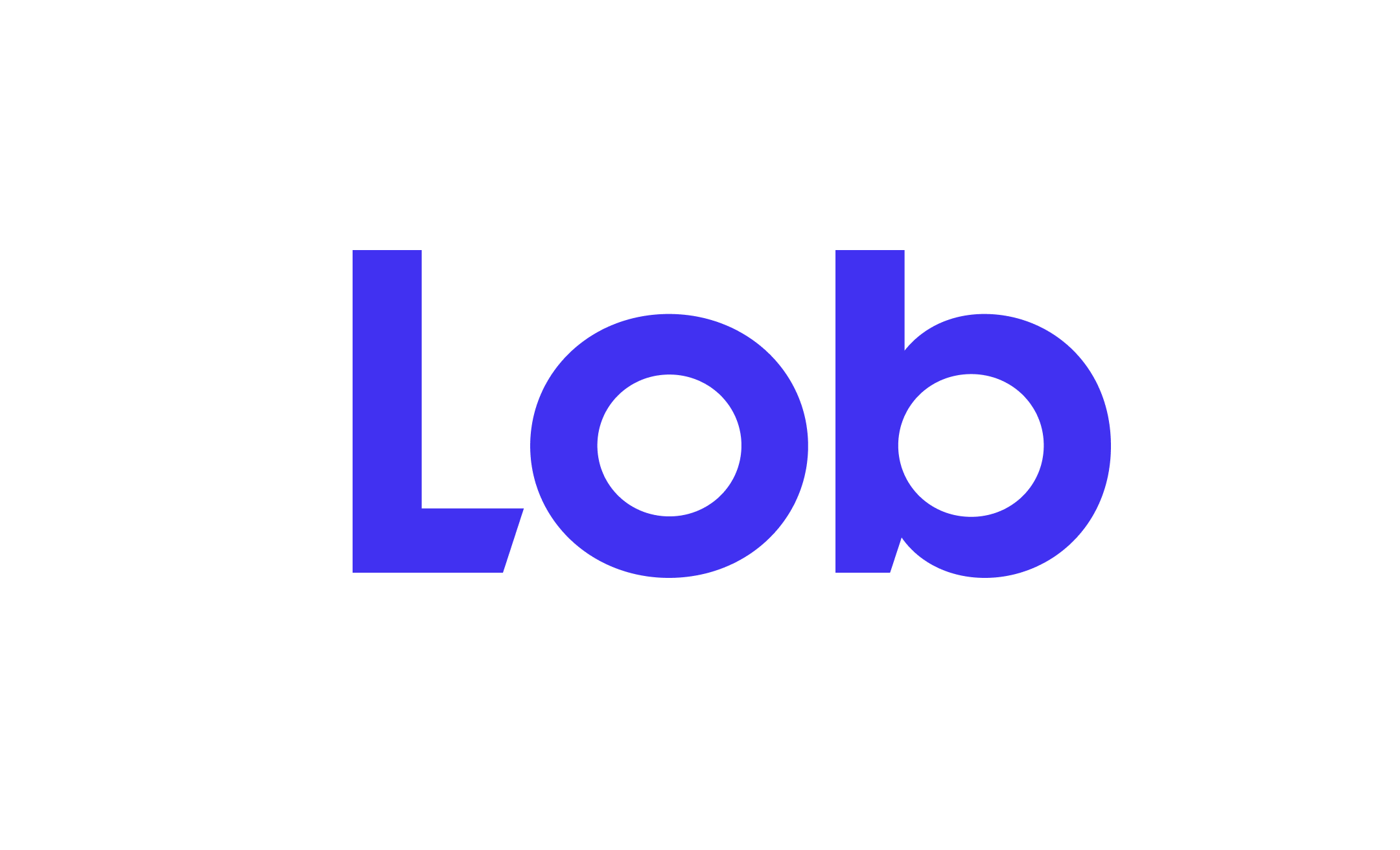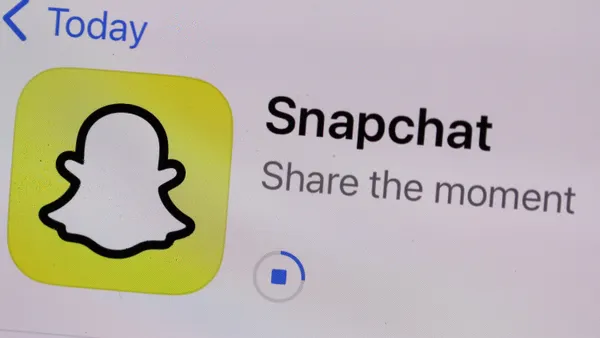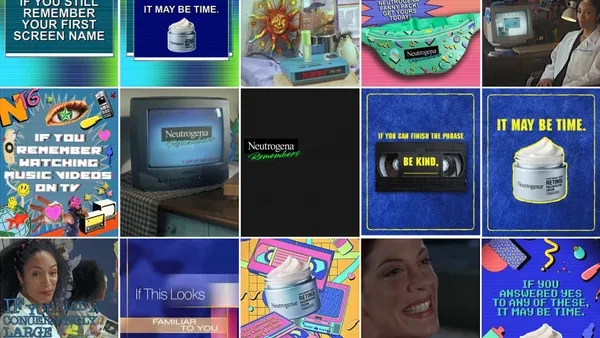Dive Brief:
- Facebook introduced in a blog post Wednesday the Facebook Journalism Project, an effort aimed at establishing better rapport and collaboration with journalists and publishers operating on the platform.
- The initiative has three core focuses: Collaborative development of news products, including new storytelling formats such as Live 360 and older fields including local news; more training and tools for digital journalists using Facebook, including e-learning courses; and increased news literacy for Facebook users so they can become more discerning in where they source and consume their information.
- Last Friday, Facebook announced it had hired Campbell Brown, a former primetime CNN anchor, to fill its Head of News Partnerships position, which was revealed in December.
Dive Insight:
After years of shrugging off any sort of publishing or media responsibilities, Facebook has decidedly changed its tune, first with the introduction of a third-party fact-checking system in December, then with Brown’s hiring just last week and now, most concretely, with the Journalism Project.
The new initiative might signal a major shift in how Facebook represents itself as an organization, from being purely tech- and social-focused into being a proactive arbiter and curator of media. Publishers have long had a rocky relationship with Facebook, and the new initiative could be a powerful tool for both parties in repairing damaged relations and educating consumers about the ubiquity and danger of fake news.
For marketers, fake news on Facebook can harm brand credibility by association, but can also be difficult to avoid. Facebook is one of the world's two biggest digital ad platforms and cleaning up its act on the publishing end of things could make both brands and consumers happy, and may even lead to Facebook being able to charge more for ad placements with higher quality assurance.
"Facebook is a new kind of platform and we want to do our part to enable people to have meaningful conversations, to be informed and to be connected to each other," Fidji Simo, director of product at Facebook, wrote in the announcement post. "We know that our community values sharing and discussing ideas and news, and as a part of our service, we care a great deal about making sure that a healthy news ecosystem and journalism can thrive."
Simo noted that the Journalism Project is just one part of Facebook's ongoing battle to "curb" fake news.
Part of the shift in approach might stem from a widely-shared Pew Research report from last May, which found up to 44% of U.S. adults turn to Facebook as a primary news source — a disconcerting figure given the widespread prevalence of fake news and hoax stories on the platform. The fake news issue became particularly relevant post-election season when some speculated that misinformation shared on Facebook potentially swayed voters.
BuzzFeed News published data analysis in November showing that many of the top performing Facebook stories from last election season were drawn from fake news sites, raising additional questions over how much ad revenue Facebook might generate from hosting misinformation. Even in the wake of the election — and even as internal task forces assembled at Facebook to root disreputable sites out of the platform’s Audience ad network — CEO and founder Mark Zuckerberg resisted acknowledging his company’s media influence.
"News and media are not the primary things people do on Facebook,” Zuckerberg wrote in a reply to a comment on his own Facebook blog post on Nov. 12, 2016, the Saturday after Election Day. It's safe to say the tech icon has changed his mind on the matter.












